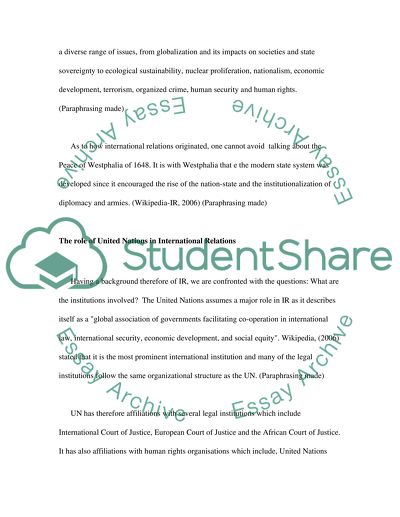Cite this document
(The Role and Functions of the IMF and the World Bank Case Study, n.d.)
The Role and Functions of the IMF and the World Bank Case Study. Retrieved from https://studentshare.org/finance-accounting/1538259-international-relations-the-role-and-functions-of-the-imf-and-the-world-bank-in-the-international-economic-system
The Role and Functions of the IMF and the World Bank Case Study. Retrieved from https://studentshare.org/finance-accounting/1538259-international-relations-the-role-and-functions-of-the-imf-and-the-world-bank-in-the-international-economic-system
(The Role and Functions of the IMF and the World Bank Case Study)
The Role and Functions of the IMF and the World Bank Case Study. https://studentshare.org/finance-accounting/1538259-international-relations-the-role-and-functions-of-the-imf-and-the-world-bank-in-the-international-economic-system.
The Role and Functions of the IMF and the World Bank Case Study. https://studentshare.org/finance-accounting/1538259-international-relations-the-role-and-functions-of-the-imf-and-the-world-bank-in-the-international-economic-system.
“The Role and Functions of the IMF and the World Bank Case Study”. https://studentshare.org/finance-accounting/1538259-international-relations-the-role-and-functions-of-the-imf-and-the-world-bank-in-the-international-economic-system.


